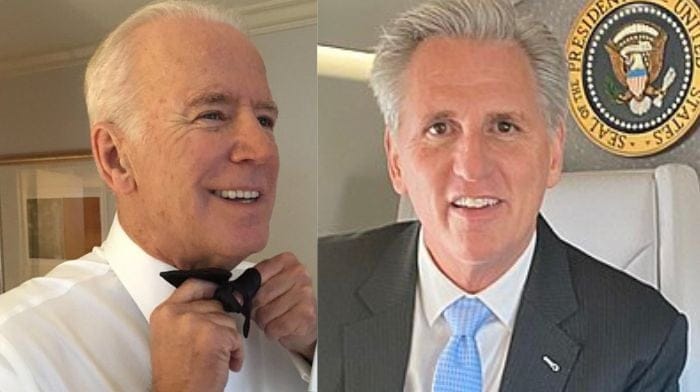
By Casey Harper (The Center Square)
The U.S. Congressional Budget Office said Monday the federal government has accumulated more than a trillion dollars in debt only six months into the fiscal year.
The Committee for a Responsible Federal Budget released a report pointing out that those figures amount to an average of $6 billion per day so far in fiscal year 2023.
“Our fiscal challenges will only become more difficult the longer we wait to do anything,” said Maya MacGuineas, president of the CRFB. “In just five years, the national debt will surpass its record as a share of the economy – set just after World War II, when we had no choice but to borrow to win the war. However, we’re in no such emergency now. It’s long past time that policymakers figure out a way to sustainably finance their priorities, not just add the costs to the national credit card.”
The data figures come as Republicans and Democrats approach a deadline to raise the debt ceiling or face defaulting on the national debt, an unprecedented event that would have huge ramifications for the U.S. and global economy.
Republicans have pointed to those figures as proof of the need for spending cuts.
President Joe Biden, though, has shown no interest in negotiating. Democrats argue the fiscal deadline is too risky to play with in negotiations.
RELATED: Biden Takes Fire as Gas Prices Head Back Skyward
The CRFB said if nothing changes, the annual deficit will hit $3 trillion by the end of this decade.
“That amount of borrowing outside of a national emergency is plainly unacceptable,” MacGuineas said. “Budgeting requires tradeoffs – often painful ones that politicians don’t want to grapple with. However, that is what they were elected to do, and they should consider the needs of both current and future Americans in upcoming fiscal negotiations. We simply cannot afford to ignore our unsustainable borrowing any longer.”
Syndicated with permission from The Center Square.
